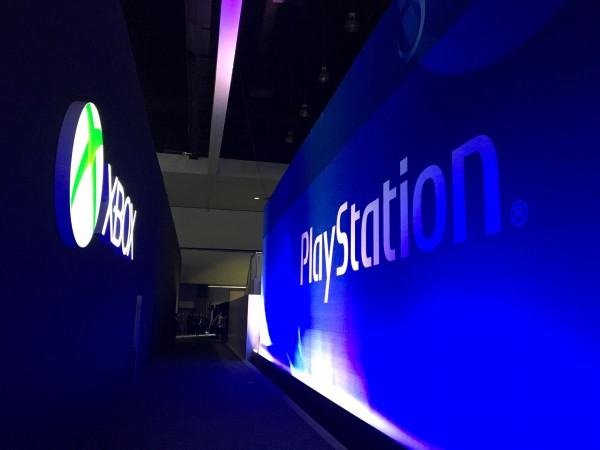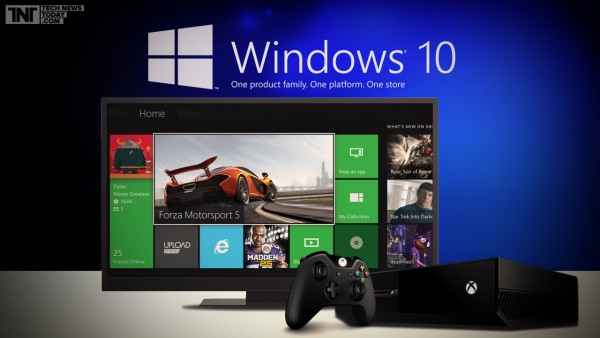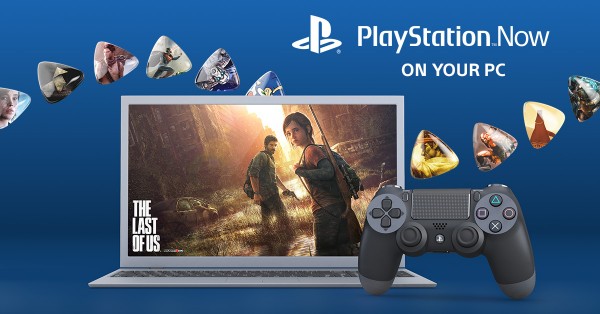
Matt Weinberger has written an interesting piece for Business Insider arguing that Sony has to be careful to not overly on PlayStation and at first glance, I don’t disagree. He writes:
In July, Sony reported that a whopping 78% of its $546 million in first-quarter profits came from the segment that encompasses PlayStation, making it the company’s golden goose.
That’s especially noteworthy in two ways – one, that despite shipping a wide array of products that range from $50 Blu-ray players to $600 phones and $2,000 TVs, that PlayStation, a single SKUed product until PS VR and PS4 Pro launch and its varying services like PS Vue and PS Now, is dominating their bottom line – and two, that until just a few years ago, the PlayStation division, because of how expensive it was to make PS3, was draining billions away from Sony. How times change – and that’s Weinbergers entire argument. He goes on to say that:
But nothing lasts forever, especially not in technology. That’s something Sony is intimately familiar with — the PlayStation 2 is the best-selling console of all time, but with the PlayStation 3, Sony gave up much of its ground to the Xbox 360 and had to revamp the whole business just to catch up.
No disagreement here though just as past success doesn’t determine future success, current success also doesn’t set the precedence for eventual failure. In fact, if it wasn’t for the PS3 and how things shaped up, Sony likely wouldn’t be enjoying the success that it is today as the stumble from PS3 made make them look at PlayStation and the business in a completely new way. So what are the threats against Sony?
Now Microsoft is making big moves to unify Windows 10 and the Xbox console as part of an ambitious master plan to reinvent itself in the post-PC era. Next up is a new Project Scorpio console coming next year. A unified Microsoft presents a huge threat to the all-important PlayStation business.
The problem with this argument is assuming that Microsoft will have success with Scorpio and that the success it could have will come at the expense of PS4. As for Windows itself, I don’t see this as a threat to Sony at all. Sony doesn’t really care about what happens on Windows and you can argue that most consumers don’t either. Another way to think about is that a majority of kids growing up today spend almost little to no time on a traditional PC and if they do, it’s far more likely to be a Mac or Chromebook than a Windows OS machine.

There’s also a good chance that Microsoft was forced to take Xbox to Windows as it’s been shut out hard this generation by PS4. The ‘retreat’ to Windows also allows Microsoft to eventually exit out of the gaming business (or at least the console part of it) and simply bring Xbox under the Windows team, which I fully see. First you blur the lines and then Xbox will just be a service that you get your game content from, you just decide if you want to connect the ‘tower’ to a monitor or TV.
Microsoft has been slowly but steadily building key Xbox features into Windows 10, now making games such as “Gears of War 4” and “Forza Horizon 3” available on both the PC and the console, with saved games syncing across both. It means those with a Windows 10 PC get access to many of the best Xbox games. No matter where you play your games, Microsoft wins.
It’s a great idea. But it isn’t one Sony can emulate because it just doesn’t have Microsoft’s reach.
While Sony has some services and features you can use on a PC or a Mac, like streaming classic games with PlayStation Now, Microsoft has Windows itself.
Again to address the latter, I think Weinberger is giving way too much credence to Windows. Remember, Balmer thought the same thing when iPhone launched and throughout that time, Microsoft’s thinking has been that they’ll just bring Windows to mobile and people will flock to it. As of this year, Microsoft controls less than 1% of the mobile market.
But let’s say there is something to Windows or perhaps more accurately, that despite its decline, that Windows is still a market that matters for gaming. If that’s the case, as far as I’m concerned, PlayStation Now is ahead of Microsoft. While in order to be part of this unified Windows experience it takes having Windows 10 installed, PS Now is an app that can be installed on any machine running Windows 7 or higher.

This already means Sony’s app can reach more people than Microsoft can with their Xbox to Windows initiative. On top of that, like any normal PC game, all those games which need to be ported over one by one will require a boat load of specs to just run. With PS Now, all the magic happens on the cloud and anybody with a download speed of 5Mbps will have instant access to over 300 games to stream. How long will it take Microsoft to build that kind of library?
If Microsoft builds Xbox features into Windows 10, and starts to sell Xbox games right from the Windows Store app market, then PC manufacturers have little choice but to go along with it. It gives Microsoft an ever-widening audience.
I’m sure they eventually will but I’m not sure Weinberger has recently visited the app store on Windows. It’s a mess that no developer wants to bother with it but if I were Sony, I sure would try to get PS Now submitted in there. In the end, he wraps up with:
It’s not an impossible situation for Sony, by any means. It’s not as if the video game console market will implode overnight, and PlayStation is still the leading brand in that market. It’s entirely possible for Sony to thrive, especially if the PlayStation VR really takes off and pushes more hardware and game sales.
And that’s just it – much like the fears of lower iPhone sales are over-exaggerated, so are similar fears for Sony and the eventual decline of PS4. It’s not as if consumers will stop purchasing each product overnight and leave each company with a giant hole to fill. Instead, the decline will be gradual which is the nature of any given business. In order for the doom and gloom scenario to pan out, we have to assume that neither company or in the case of this piece, Sony doesn’t have a product to follow up with and that’s likely not the case.
My final thought on the subject is that I think while Sony might appear to be reliant on PlayStation too much, it’s that we’re seeing the once single product division transition to becoming a full fledged company. You can read more on my thoughts about that in a much more in depth piece here.
Discuss:
Do you think Sony is too reliant on PlayStation or are we just seeing the infancy of PlayStation as it transitions to something more?

You must be logged in to post a comment.